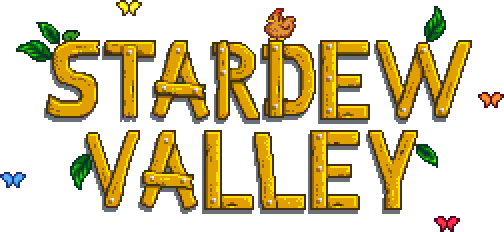imour
Greenhorn
Do you think its possible to support yourself and your town simply from your own farm? I had looked up stuff about it, and I couldn't find what I was looking for. Mainly people be sarcastic about the magic aspect.. I am interested in starting a small farm and acres of land, and my granddad has one that he gave up on years ago because of his age. I felt an air of similarity to the story. Honestly, I would love to own a farm and support myself, but I can't yet. If I know that it is possible, then I can put effort into it and study.
